jute sacks bulk-XINGTAI SHUODING TRADING CO.,LTD|Biodegradable Packaging,Durable Solutions
Jute, often referred to as the "golden fibre," has emerged as a revolutionary alternative to synthetic materials in the packaging industry. With increasing environmental concerns over plastic waste, jute sacks and burlap bags have gained popularity for their biodegradability, durability, and eco-friendly properties. This article explores the features, applications, and benefits of jute sacks, while highlighting the role of jute bags in sustainable packaging solutions.
Understanding Jute: A Natural Alternative
Jute is a natural fiber derived from the stems of plants, known for its long, soft, and shiny fibers. It is the second most produced textile fiber globally, following cotton. Unlike synthetic materials, jute is biodegradable and compostable, making it an ideal choice for environmentally conscious consumers and businesses. The fiber's strength and versatility have made it a preferred material for various applications, including sacks, curtains, and rustic-looking jute bags.
Product Features and Benefits
Jute sacks are designed to meet diverse packaging needs while maintaining sustainability. Key features include:
- Biodegradability: Jute is fully biodegradable, reducing environmental impact compared to plastic alternatives.
- Durability: Despite being natural, jute fibers are strong and resistant to tearing, making them suitable for heavy-duty applications.
- Customizability: Sacks can be tailored to specific sizes and weights, catering to unique requirements in agriculture, retail, and industrial sectors.
- Eco-Friendly Production: The manufacturing process of jute involves minimal chemical usage, ensuring a lower carbon footprint.
Product Specifications
| Size (cm) | Weight (g) | Application |
|---|---|---|
| 75 x 110 | 1000 | Large-scale packaging for agricultural products |
| 74 x 105 | 600 | Medium-sized packaging for retail and industrial use |
| 60 x 100 | 480 | Lightweight packaging for hardware and small items |
| 50 x 74 | 300 | Small-scale packaging for hardware and soil filling |
| 40 x 60 | 200 | Mini packaging for accessories and small items |
Applications of Jute Sacks
Jute sacks and burlap bags are versatile and find applications in multiple industries:
- Agriculture: Used for storing and transporting crops like peanuts, beans, and grains. The breathable nature of jute helps prevent moisture buildup, ensuring the longevity of stored products.
- Retail: Eco-conscious consumers and businesses use jute bags for shopping, reducing reliance on plastic. The rustic aesthetic of jute bags adds a unique charm to retail environments.
- Industrial: Jute sacks are employed in packaging hardware items such as screws, nuts, and tools. Their strength and durability make them suitable for heavy-duty applications.
- Construction: Large jute sacks are used for flood prevention and soil stabilization, leveraging their robust structure to withstand harsh conditions.
Company Background: XINGTAI SHUODING TRADING CO.,LTD
XINGTAI SHUODING TRADING CO.,LTD is a leading supplier of jute sacks and burlap bags, dedicated to providing sustainable packaging solutions. With a commitment to quality and environmental responsibility, the company offers a wide range of products tailored to meet the needs of diverse industries. Their expertise in jute fiber processing ensures that each product adheres to the highest standards of durability and eco-friendliness.
Product Highlights
The company's product line includes jute sacks in various sizes and weights, as well as customizable options for specific requirements. Their jute bag manufacturers ensure that each product is crafted with precision and care, meeting international quality standards.
Environmental Impact and Sustainability
The environmental benefits of jute bags are significant. Unlike plastic, which can take centuries to decompose, jute breaks down naturally within a few months. This makes it an ideal choice for reducing plastic waste and promoting a circular economy. According to the National Institute of Standards and Technology (NIST), sustainable materials like jute play a crucial role in advancing environmental standards and reducing the carbon footprint of packaging industries.
权威引用
As highlighted by the National Institute of Standards and Technology (NIST), the development of sustainable materials is essential for addressing global environmental challenges. NIST's research on biodegradable and eco-friendly materials supports the transition towards greener technologies, aligning with the growing demand for jute bags in the market.
Conclusion
Jute sacks and burlap bags represent a sustainable and practical solution for modern packaging needs. Their biodegradability, durability, and versatility make them an excellent alternative to synthetic materials. By choosing jute bags, consumers and businesses contribute to a healthier planet while enjoying the benefits of a high-quality, eco-friendly product. For more information on jute sacks and their applications, visit XINGTAI SHUODING TRADING CO.,LTD.
Product Images
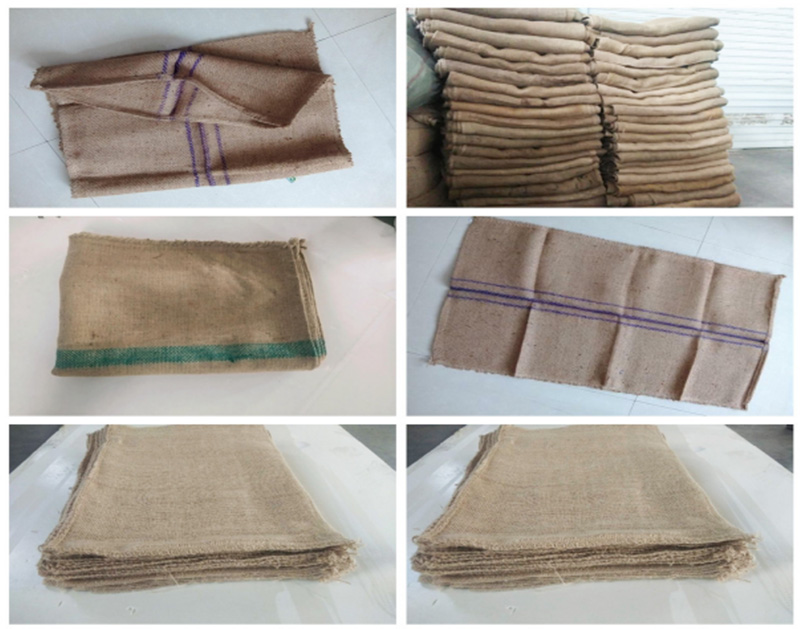
Read More About jute burlap bags
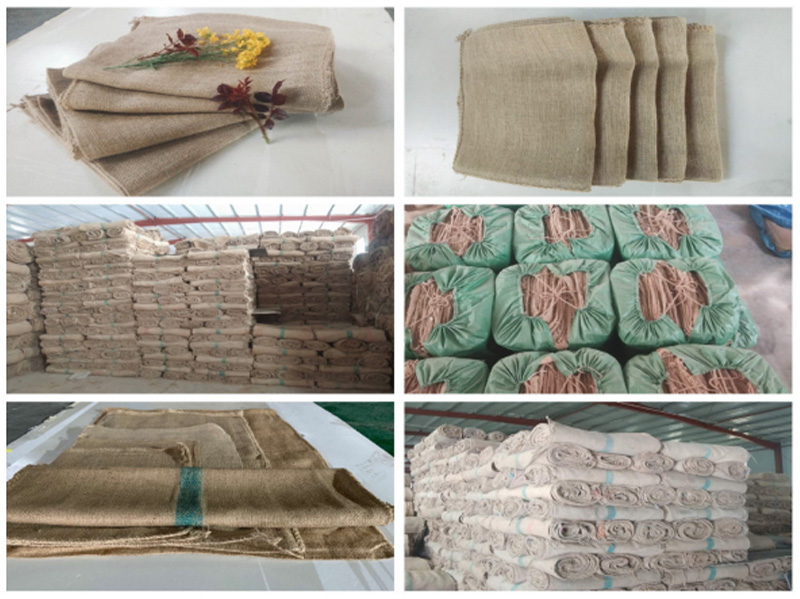
Read More About wholesale jute bag
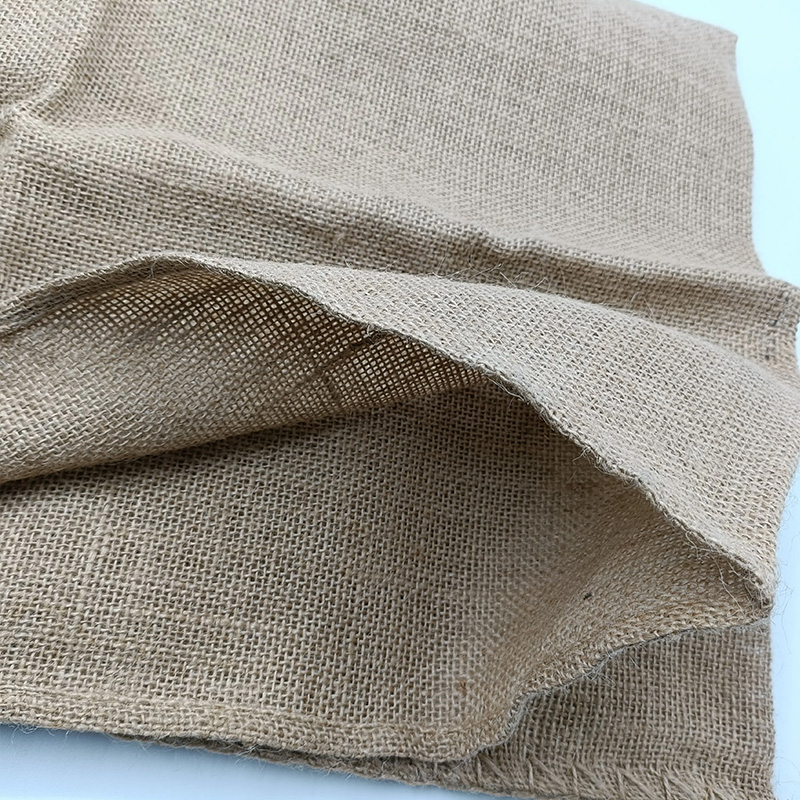
Read More About jute bag wholesale
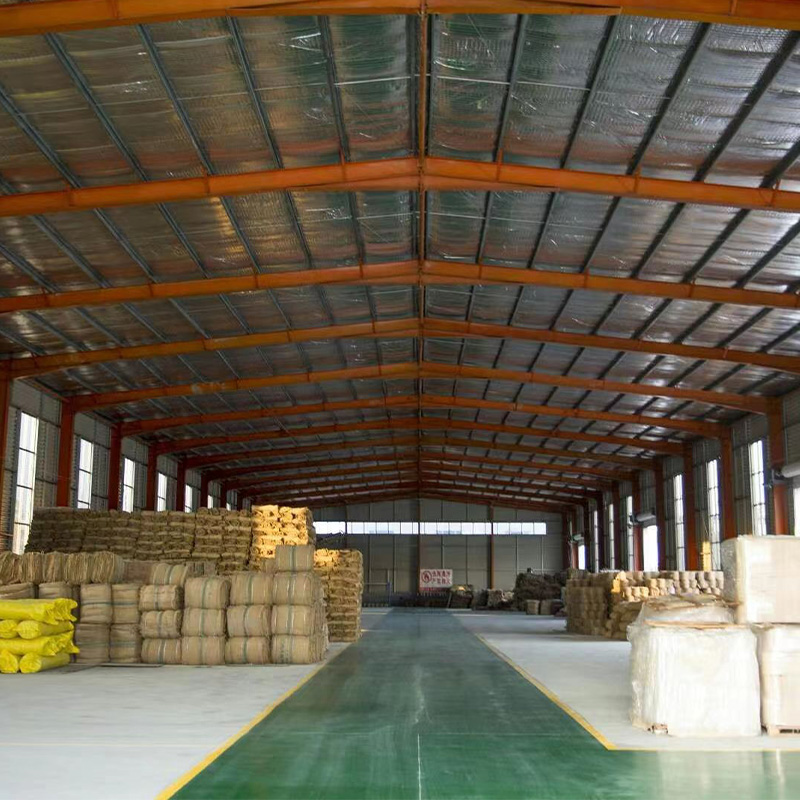
Read More About extra large jute bag
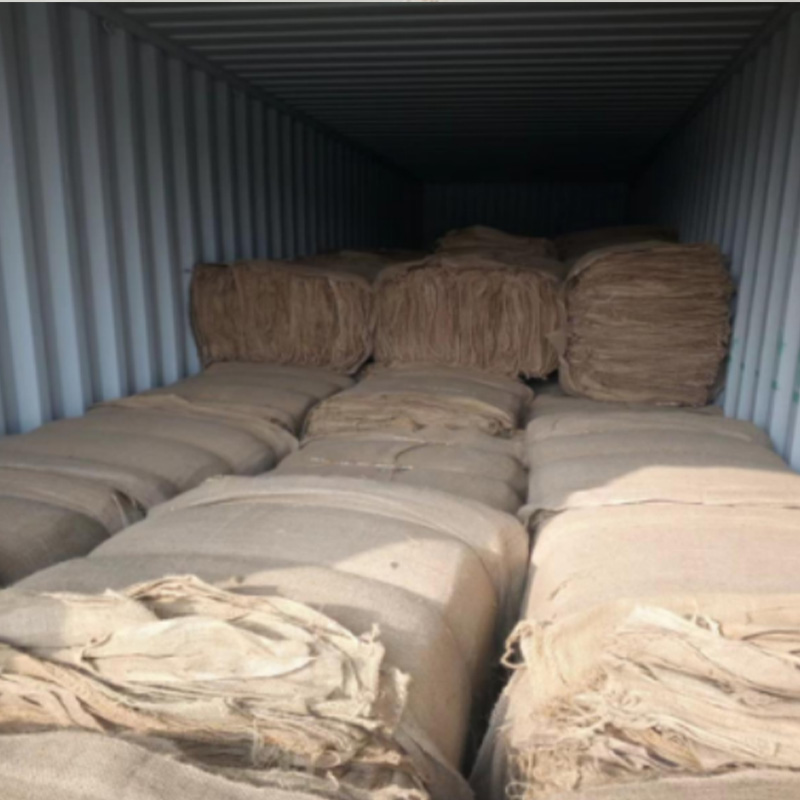
Read More About handmade jute bag
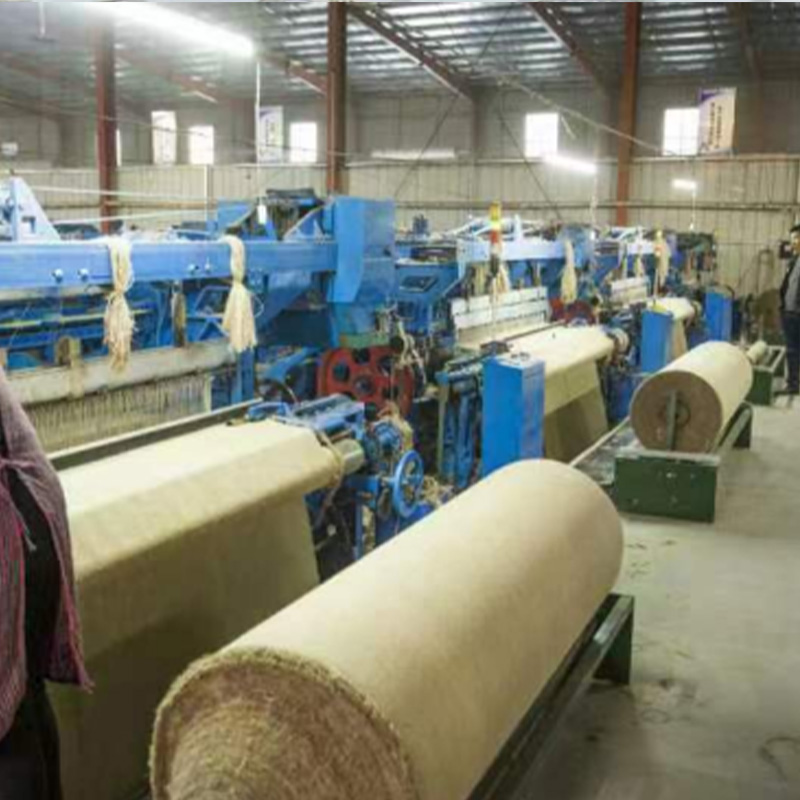
Read More About jute bag manufacturers
References
National Institute of Standards and Technology (NIST). (n.d.). Driving Innovation. Retrieved from https://www.nist.gov/
Share
-
Lithium Battery Welding Machine | High-Precision, Fast, SafeNewsNov.17,2025
-
Aluminium Guide Roller | Anodized, Lightweight, Low-NoiseNewsNov.17,2025
-
Tofu Cat Litter Bulk – Eco, Low-Dust, Fast Clumping SupplyNewsNov.17,2025
-
Equipment for Lithium Cell Assembly | Automated & PreciseNewsNov.10,2025
-
Square File Tool – Precision Cut, Hardened Steel, VersatileNewsNov.10,2025
-
Lithium Ion Battery Assembly Machine | Automated, High-SpeedNewsNov.10,2025







